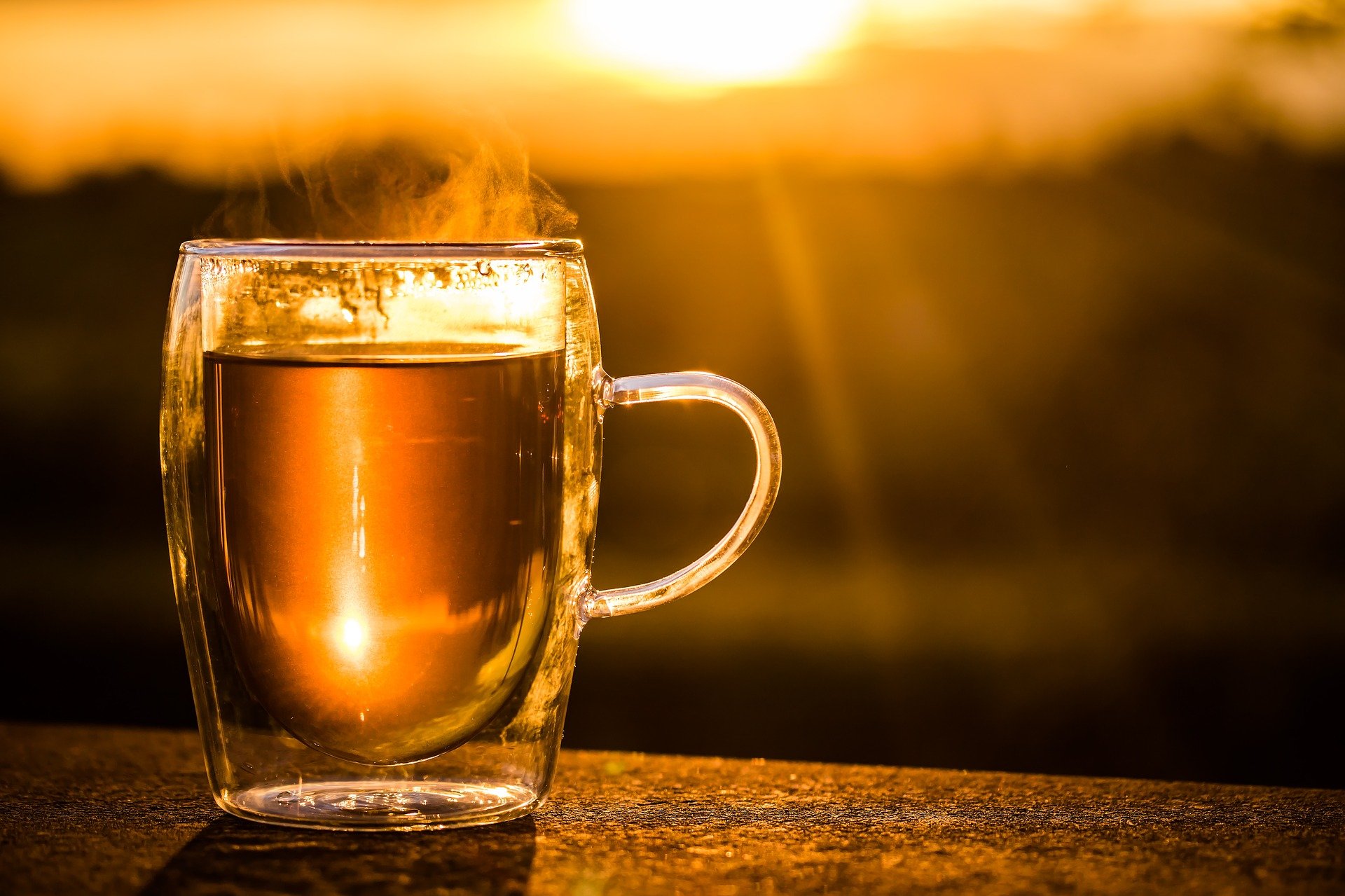Once you get past the thought, “does everything have a month devoted to it,” it’s obvious that Jan is the PERFECT month to celebrate hot tea. What’s better to curl up with on a cold dreary January day than a soothing cup of tea? Nothing!
If you follow The Alkaline Way, or have ever heard PIH founder, Dr. Russell Jaffe, speak you know that hot tea, especially herbal tea, is about more than just comfort. Here are some of our favorite hot tea virtues.
Black tea
- Coming from the Camellia sinensis plant, this fermented tea has potent antioxidants, anti -diabetes, anti-cancer and cardiac-friendly properties.
- While it contains less than half the caffeine of coffee, it still provides a decent “pick-me-up.” Best when had in moderation, and without additional milk or sugar.
- Adding healthy spices like green cardamom, ginger, cloves, fennel, cinnamon and pepper (Indian chai spice blend) makes it a delicious beverage.
Green tea
- Is high in polyphenolic antioxidants which help with brain function, reduce inflammation, protect against cancer, and may lower risk of heart disease.
- Has less caffeine than coffee and black tea so it is less likely to interfere with sleep.
- Falls on the alkaline side of the Alkaline Way Food Effects chart (note: at least 60% of our food choices should be from the alkaline side).
Herbal tea
While not technically “tea,” hot herbal teas are a great staple beverage. Available in a seemingly endless variety of fruits, flowers, and spices, there is surely an herbal tea that you will love. Here are our favorites.
- Ginger tea made from whole, fresh ginger root, is tasty, supports bio-detox, and helps calm an unhappy tummy.
- Chamomile tea, known for its calming effects, can become part of your nightly sleep-preparation ritual. Enjoy a nice cup of chamomile tea while you soak in your salt and soda bath. You’ll clear the day’s stress with every warm and soothing sip.
- Rose Hip tea is made from the fruit of the Rosa plant species, used medicinally for treating a variety of conditions. The phytochemical composition of the plant means rose hip tea is loaded with vitamin C and other anti-inflammatory compounds. Rose hip tea has been shown helpful in reducing pain, fighting skin aging, and losing weight.
- Hibiscus tea is made from the flowers of the hibiscus plant. Hibiscus tea may help reduce blood pressure, but we like the brightly colored beverage because it is tasty – served hot or iced.
- Rooibos (pronounced ROY-boss) tea is a caffeine-free herbal tea that comes from the leaves of the Aspalathus linearisshrub, a plant native to South Africa. While the fermented (red) version is more popular, the green (unfermented) type is available as well. It is rich in antioxidants such as quercetin and is a tasty alternative to green and black tea.
If you’re following The Alkaline Way or doing a New Year’s detox or just giving your digestive system a rest with a liquid nutrient day each week, make sure to include herbal teas. On liquid-only days or any day, we recommend giving your tastebuds a treat while staying hydrated with herbal teas.

